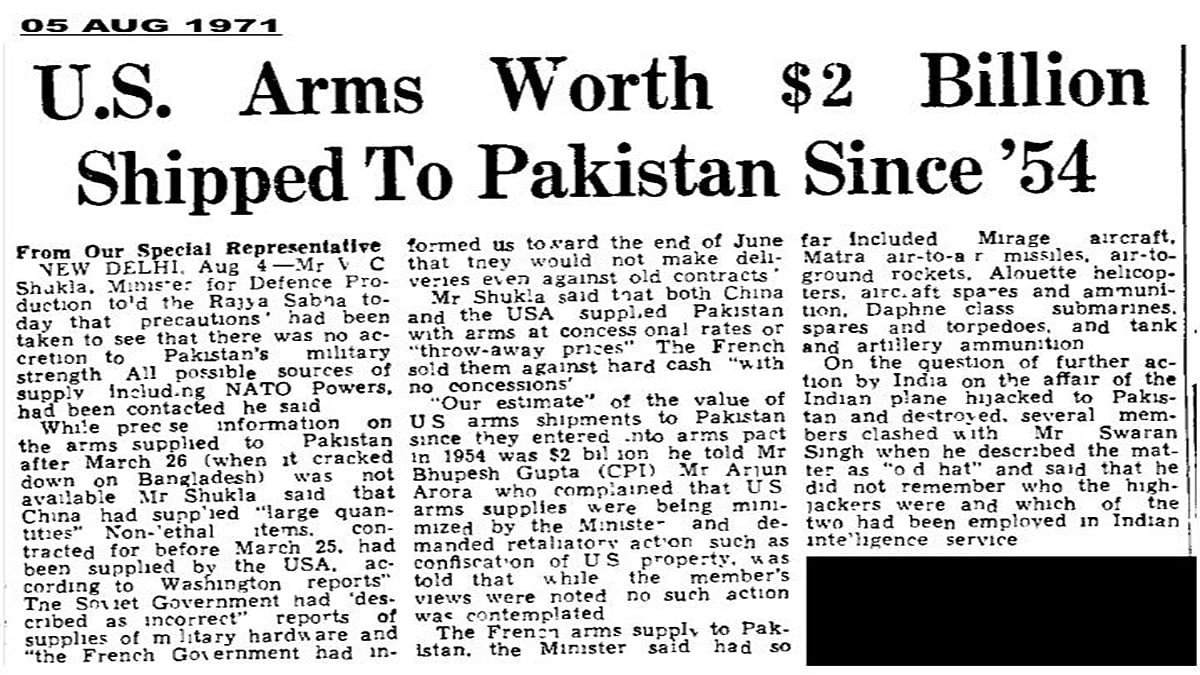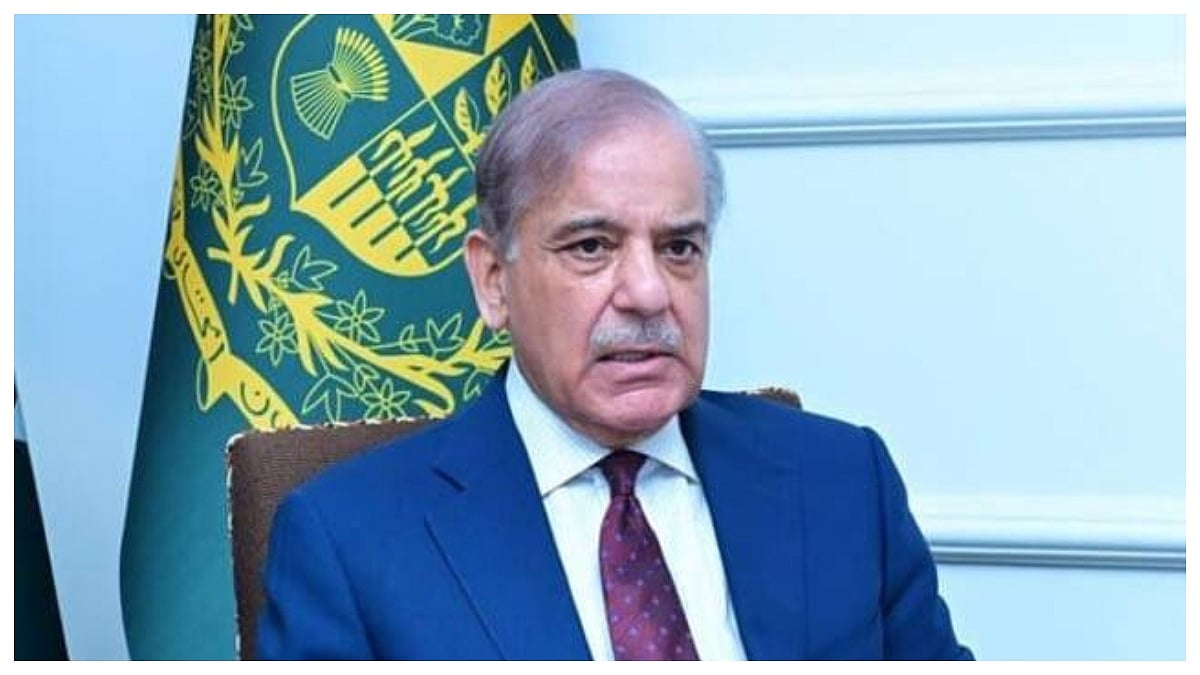Key Highlights:
- Pakistan failed to meet key IMF targets on savings, revenue, and trader tax collection.
- Provinces missed the IMF-mandated Rs 1.2 trillion savings goal by Rs 280 billion.
- Despite failures, Pakistan recorded a primary surplus and hopes to get the next IMF installment.
Islamabad: Pakistan, which is facing a deep economic crisis, has again failed to meet major financial commitments made to the International Monetary Fund (IMF) under its USD 7 billion loan programme. As per the “Fiscal Operations Summary” released by Pakistan’s Finance Ministry, the country missed three out of five key performance targets.
The IMF is scheduled to review Pakistan’s performance in September, and the release of the next USD 1 billion tranche depends on this assessment.

What Did Pakistan Fail To Do?
According to a report in The Express Tribune, and the official “Fiscal Operations Summary”, the three major missed targets are:
Provincial Savings: Pakistan had promised that its provincial governments would save Rs 1.2 trillion, but they managed to save only Rs 921 billion — a shortfall of Rs 280 billion.
Revenue Collection: The Federal Board of Revenue (FBR) failed to meet the Rs 12.3 trillion tax target, missing a major benchmark set by the IMF.
Tajir Dost Scheme: Pakistan also completely missed the target of collecting Rs 50 billion in taxes from small retail traders under the “Tajir Dost Scheme”, a new initiative aimed at broadening the tax base.

Any Signs of Progress?
Despite these failures, there is some positive news. The primary budget surplus came in at Rs 2.7 trillion, higher than the Rs 2.4 trillion target. This figure, noted in the Finance Ministry’s summary, marks the highest surplus in 24 years.
Additionally, Pakistan managed to limit the total fiscal deficit to 5.4% of GDP (Rs 6.2 trillion), which shows improved financial discipline at the federal level.
Will the IMF Release the Next Tranche?
Officials in Islamabad are still hopeful that the IMF will take a balanced view during its September 2025 review. They believe that the progress on fiscal deficit and primary surplus may help convince the IMF, despite falling short on other conditions.

What Remains a Challenge?
One major issue is that provincial governments, which are not fully under the federal government’s control, failed to align with the IMF’s expectations. This lack of coordination was a key reason behind the Rs 1.2 trillion savings target not being met, as outlined in the “Fiscal Operations Summary”.









